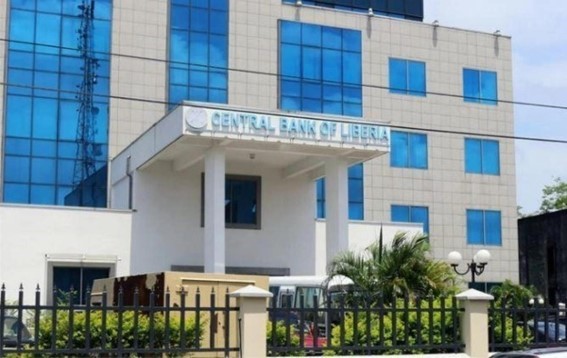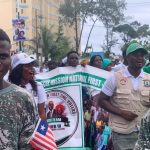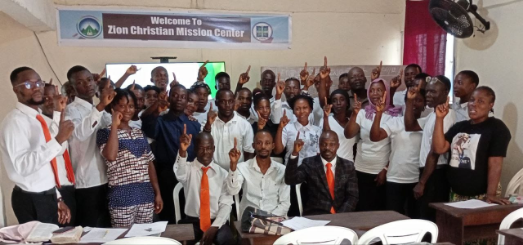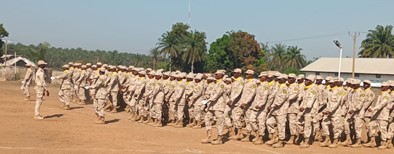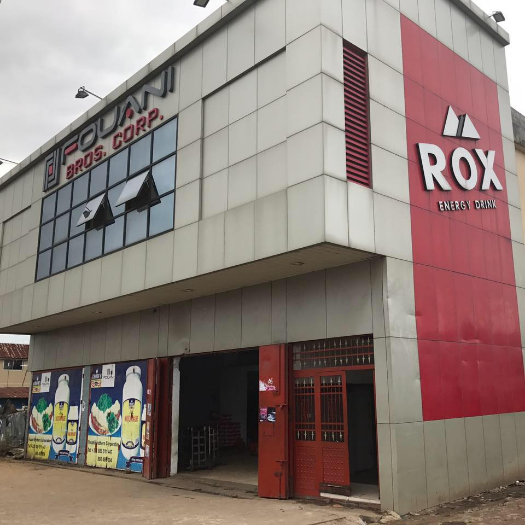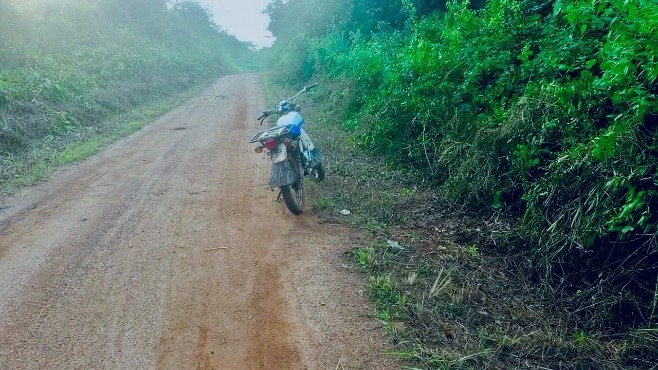The Board of Governors of the Central Bank of Liberia (CBL), proxying for the Monetary Policy Committee (MPC), met on Wednesday, 25 October 2023 and resolved to maintain the existing monetary policy rate (MPR) of 20% and the reserve requirement ratios of 25% for Liberian dollars (L$) and 10% for United States (US) dollars. The bank has retained these measures to contain any potential build-up of inflationary pressures in the economy over the medium-term.
The board’s decisions were made in the wake of the prevailing global economic developments that have trickle-down effects on the domestic economy. These developments were driven by the impact of the Russian-Ukraine conflict, the effects of global climate change and rise in global consumer prices.
The board observed mixed trends in the world economy. On the one hand, the global economy declined from 3.4% in 2022 to 3.0% in 2023, while at the same time inflationary pressures eased from 8.7% to 7.0% in 2023 as result of interest rate hikes to reverse the rising inflation in several advanced economies.
Unlike the CBL, some ECOWAS nations, for example Nigeria, The Gambia, and the Central Bank of West African States, taking cues from global macroeconomic indicators, increased their MPRs also.
Like the global economy, the domestic economy also showed mixed trends during the period under review. The domestic economy grew cumulatively to 4.5% at end-quarter three 2023, induced by increased cement and beverages production, increased electricity generation and increased government services. However, developments in the primary sector, especially mining and panning, have not been favorable.
Given the overall growth trajectory of the economy, the board was optimistic that the 4.6% growth projection for 2023 is achievable.
On the bright side, inflationary trends within the domestic economy have declined to 10.9% in the quarter under review, from an earlier 11.3% during the previous quarter, although the trade deficit has widened, mainly due to a decline in merchandise exports. Gross external reserves were relatively stable at 3.1 months, the same as for the previous quarter, slightly above the ECOWAS threshold of 3 months of import cover. Remittance inflows and outflows slumped during the quarter under review.
The exchange rate depreciated during the period under review, triggered mainly by the persistent trade imbalances, speculation, and other structural constraints. The end-period rate depreciated by 3.6 % from 11.1 % in quarter two to L$186.76/US$1.00, from L$180.28/US$1.0.
The banking sector remains strong, well-capitalized and liquid in the quarter under review, and continues to finance the private sector. Total loans and advances, total assets, total deposits, and total capital increased, although credits to the manufacturing and agriculture sectors remain low, coupled with high non-performing loans (NPLs).
The CBL Board assures the public and its partners that it will continue to monitor domestic and global economic developments with a view of ensuring financial and macroeconomic stability in Liberia, consistent with the bank’s core mandate.

